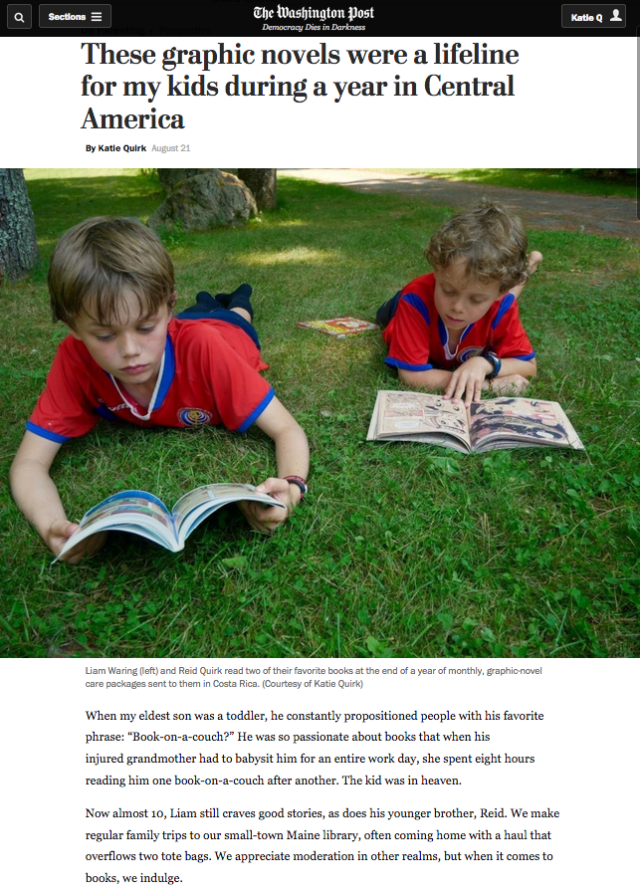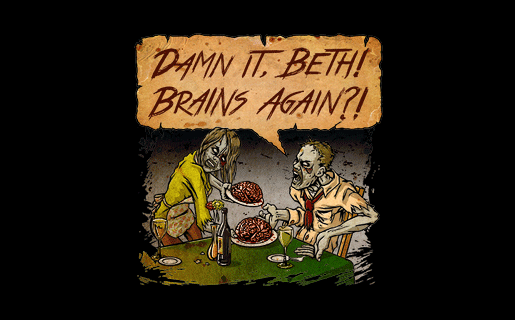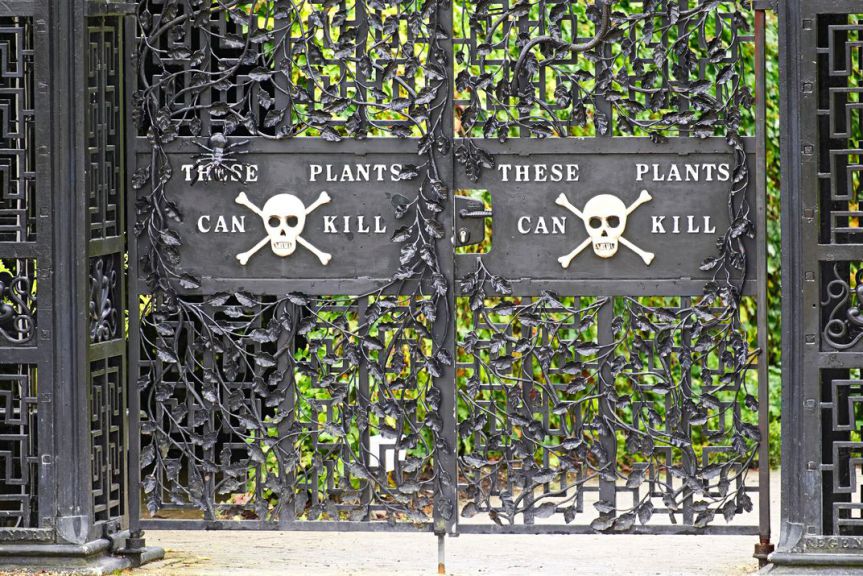By Kristina Webster Shue
 What I enjoyed about The Anthologist could be conveyed in a ridiculously lengthy, attemptingly poetic manner in homage to the work itself, but it is doubtful that I could think up such Paul Chowderian assertions as, “[p]eople are going to feed you all kinds of oyster crackers about iambic pentameter” (Baker 10). Such metaphysical, oddly persuasive, self-assured statements on similarly esoteric topics are typical of this poet protagonist. Both the delivery and the subject matter of Nicholson Baker’s The Anthologist are as engaging as they are unique.
What I enjoyed about The Anthologist could be conveyed in a ridiculously lengthy, attemptingly poetic manner in homage to the work itself, but it is doubtful that I could think up such Paul Chowderian assertions as, “[p]eople are going to feed you all kinds of oyster crackers about iambic pentameter” (Baker 10). Such metaphysical, oddly persuasive, self-assured statements on similarly esoteric topics are typical of this poet protagonist. Both the delivery and the subject matter of Nicholson Baker’s The Anthologist are as engaging as they are unique.
When somewhat successful poet Paul Chowder fails to make any kind of headway on an introduction to a new anthology despite the impending deadline, his live-in lover Ros moves out, leaving Paul more exasperated with himself for his lack of progress, but at least more motivated in the hopes that when he completes the introduction, Ros will be able to forgive him and return. Through a stream-of-consciousness narrative, Paul records and examines the events leading up to and following her departure, mostly centering on his forthcoming anthology and the myriad tangential memories and fantasies brought about by reading and writing (or at least trying to write) poetry. Through a number of history lessons on great and not-so-great poets, Paul explains the many problems he finds in the generally accepted rules of poetry. The title of the anthology, Only Rhyme, is indicative of his predominant fixation: the lack of appreciation for rhyme and meter, and his slight antagonism towards futurism and free verse for their blatant disrespect of both concepts, calling Ezra Pound “the source of all evil” (Baker 51). Although he has no shortage of ideas which, as demonstrated, he is fully capable of explaining in-depth, he continues to make no progress on the introduction. Instead, he spends hours in the barn or his white monobloc porch chair looking out at the rest of the world as he revisits many poems which are to be included in the anthology. In half-day dreams, he visits with some of the great poets as they, like he, carry on with mundane activities as they search for the right words, the right images, the right people and publishers. With ingenious analogies and both literary and general life advice on every page, The Anthologist is the amusing, occasionally provocative thought process of a writer struggling to create.
Among the most unique aspects of The Anthologist is its first-person narrative delivery; despite this common form, Paul Chowder’s voice is unlike that of many narrators who tend to think in complete sentences while following a logical outline for their internal monologues. The Anthologist’s soliloquies come in many long, digressive statements often with short clarifying description tacked on after the period in the manner of a true afterthought. As he so accurately states,
The thing about life is that life is an infinite subject matter. At any one moment you can say only what’s before your mind just then. You have some control over what comes before your mind—you can influx it by reading, or by looking through your old notes, or by going to movies, or by talking to people, and you can choose what room of the house or what corner of the yard to sit in, and you can choose to write before or after you’ve masturbated—this is crucial—and you can choose to tell the truth or not to. And the difficulty is that sometimes it’s hard to tell the truth because you think that the truth is too personal, or too boring, to tell. Or both. (Baker 50)
And Paul Chowder certainly has much before his own mind at any given moment, contributing to his regularly suspenseful statements whose ultimate directions are always surprising. Even when he begins a passage with such insipid topics as dog shampoo or making a sandwich, after ascending a ladder of subsequent thoughts, there’s always a transcendental conclusion.
Similarly surprising and intriguing are the very lessons which Paul intends to outline his anthology introduction. His commitment to and thorough understanding of the importance and influence of rhyme and meter is almost awe-inspiring. One such way that he asserts and demonstrates the unrecognized comprehensive use of the meter, particularly the four-beat line, and, of course, rhyme, is through music. He regularly sets lines of poetry to music, a few bars surprisingly turning up amid the text. Conversely, Paul Chowder also provides examples of rhyme and four stressed beats giving rise to music. “[R]ight now we’re in a time in which rhyming is going on constantly. All the rhyming in pop music. There’s a lust for it. Kids have hundreds of four-stress verses memorized […] They call it ‘the words to the songs’” (Baker 159), and “nobody thinks tip-toe through the tulips when they’re dancing to this [song], they just think, Yeah, the words work, they fit, they have that forward push of power. And they have that push because they rhyme” (Baker 82) are just two of the many instances where he indicates rhyme’s importance to musicality. Aside from its importance to music, he also points out that, “The tongue is a rhyming fool. It wants to rhyme because that’s how it stores what it knows. It’s got a detailed checklist of muscle moves for every consonant and vowel and diphthong and fricative […],” noting the importance of rhyme to the existence and operation of language itself (Baker 110).
Besides the many stylistic and literary perks, a considerable portion of The Anthologist also contains more accessibly affecting ideas and passages that even readers who are not so well versed as the protagonist can appreciate, and even more that they can learn. Paul Chowder uses much of his time explaining poetic terms in amusing, image-evoking ways, such as in his tirade about enjambments.
[E]njambment is a word that means that you’re wending your way along a line of poetry, and you’re walking right out to the very end of the line, way out, and it’s all going fine, and you’re expecting the syntax to give you a polite tap on the shoulder to wait for a moment. Just a second, sir or madam, while we rhyme […]. While we rest. But instead the syntax pokes at you and says hustle it […].You tumble forward, gaaaah, and you end up all discombobulated at the beginning of the next line, with a banana peel on your head and some coffee grounds in your shirt pocket. (Baker 90)
Despite putting so much into explaining and describing terms, he just as often insists that they are not in the least important to know, and that using them, identifying them by such names when they appear in a poem, is actually counter-poetic. Another term whose inappropriate application he discusses is “depression.” Condemning those who believe themselves like the “great depressive figures” like Keats and Shelley and Teasdale, he simultaneously extols the force of sadness in poetry, its necessity. And, interestingly not-quite-predictably, marks the “obvious linkage” between rhyming and weeping.
The Anthologist is refreshingly realistic without being dull or cliché, uniquely presenting scholarly concepts in tandem with personality in an accessible, amusing, and sometimes deeply touching manner. I personally enjoyed it very much, and I feel that anyone with at least a slight interest in poetry would also thoroughly appreciate it. Even potential readers without much a poetry background can certainly come away with a fuller understanding, a comprehensive poetry reading list, and a number of charming Paul Chowder quotes.
Kristina Webster Shue is an eccentric secular agnostic earth-based spiritualist, writer, and all-around creative type currently living in Ohio where she is trying to figure out what adulthood means for someone whose regrets have left them as of yet degree-less. She will eventually finish her bachelor’s in Writing (maybe).
Share this:




